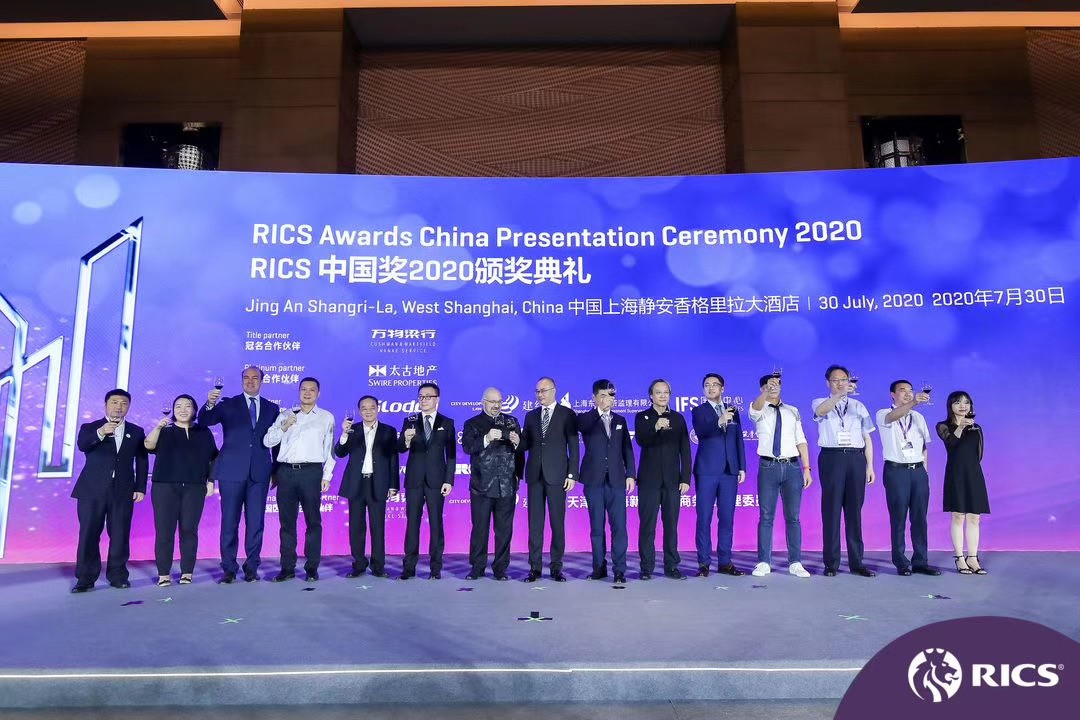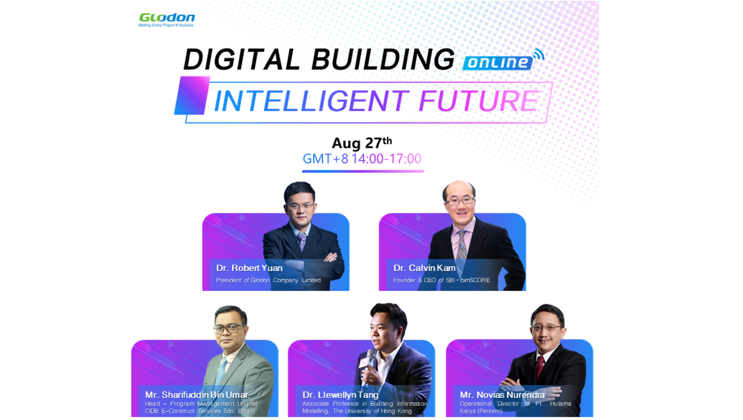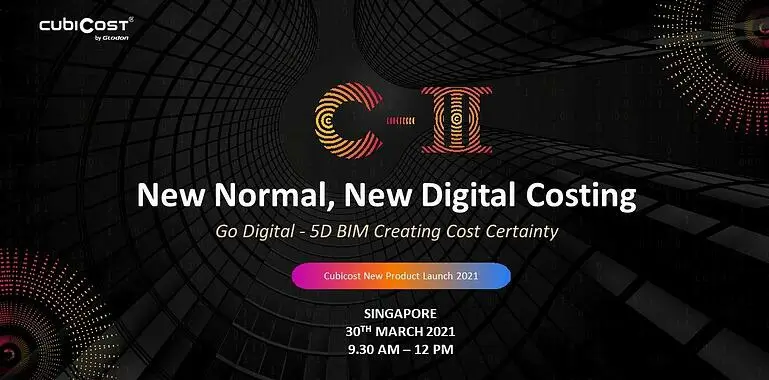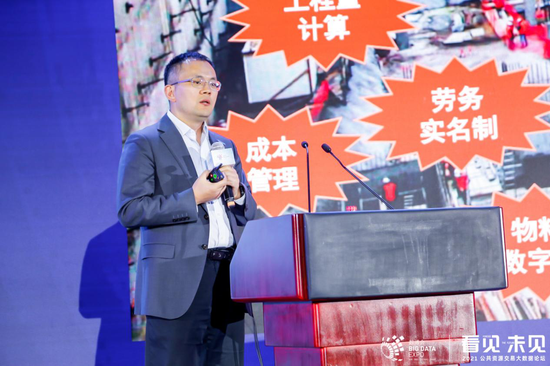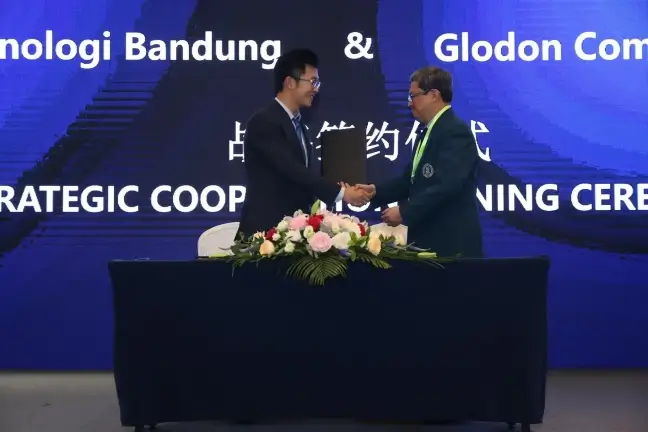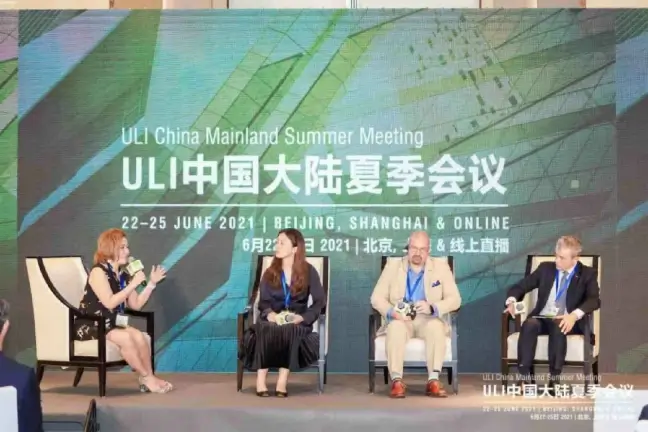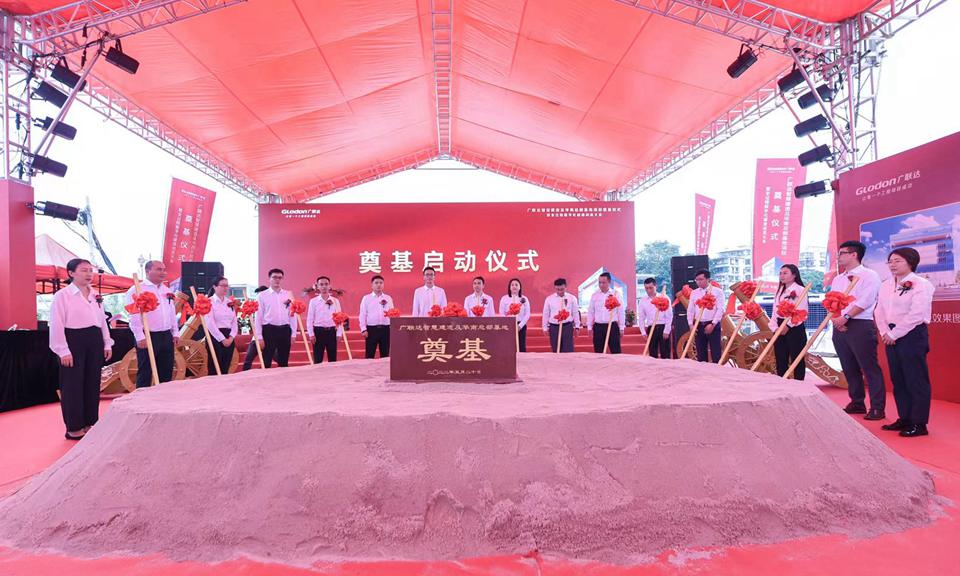Mar 21.2022
Glodon's head of thought leadership shares expertise on BIM and GIS integration at RICS Online Academy
Glodon's Head of Thought Leadership Dr. Georgios Kapogiannis was invited to deliver a speech themed on Building Information Modeling (BIM) and Geographical Information Systems (GIS) by the Royal Institution of Chartered Surveyors (RICS) recently.
His presentation aimed to show the audience the need and the future of BIM and GIS integration in large and complex projects with examples of Hertfordshire University Hospital, Glodon (Xi'an) R&D Building and Zhoushan Port. He presented technological approaches on how the integration was achieved in 2017 and 2022 and what the future of BIM & GIS integration looks like in 2030.
Considering the future, Dr. Kapogiannis showed how large scale live dynamic projects, such as a port, requires the support of advanced BIM and GIS by integrating Internet of Things (IoT) equipment over the site, and how advanced telecommunication networks like 5G/6G could transfer real-time port data to the back office (Image). Consequently, (a)synchronous simulations could be run by authorities and relevant departments in collaboration with other participants aiming for assurance of better port operation, management and control using "accurate" and "reliable" data.
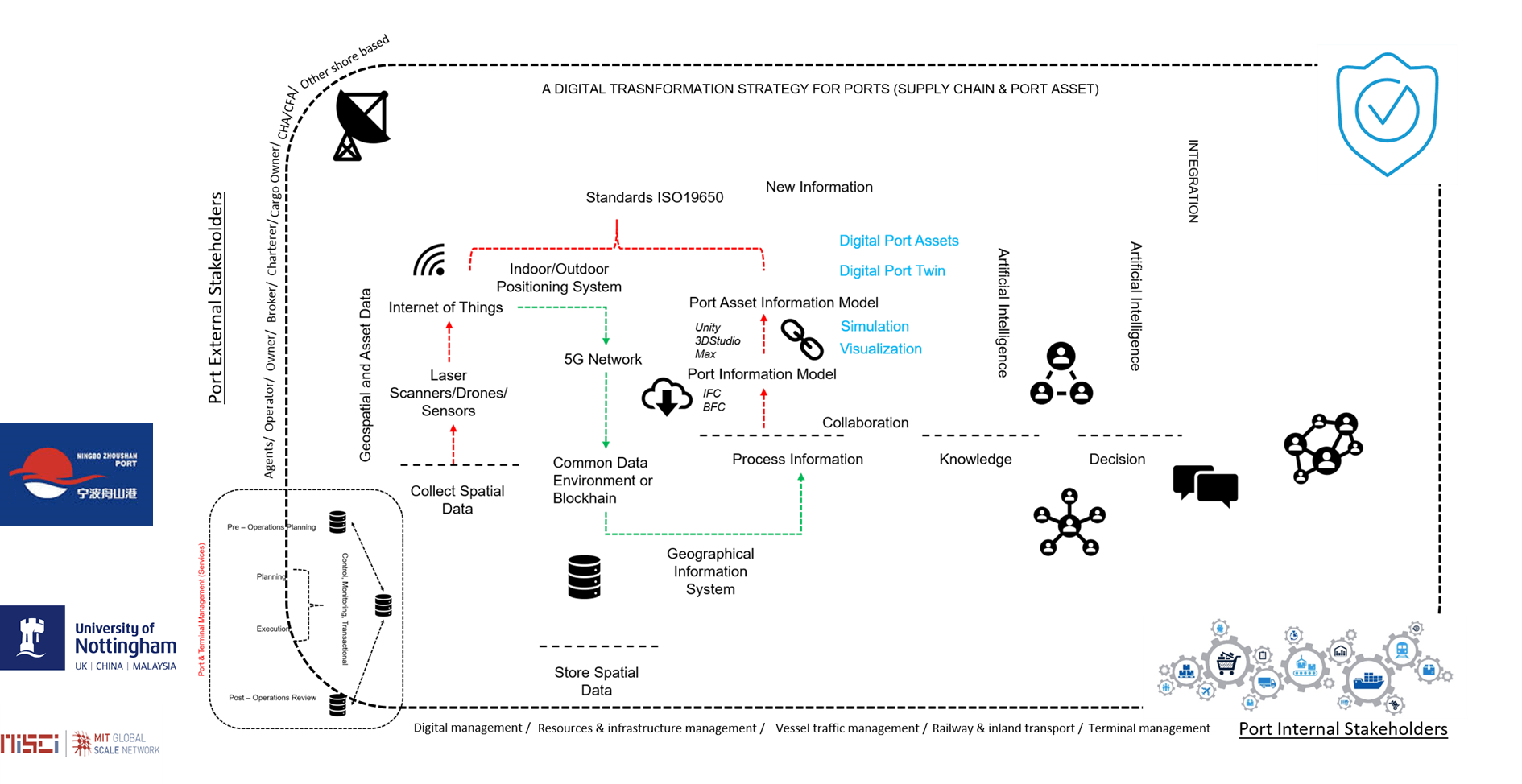
Kapogiannis, G, Guo, J, Hancock, CM (2021) Digital supply chain and port information modeling (PIM). In ICT Solutions and Digitalisation in Ports and Shipping, pp.293-322, ISBN: 9781839530869
This holistic- socio technical approach enables a knowledge-making mechanism that uses Artificial Intelligence (AI) and activates other technologies such as machine learning that aid decision making becoming more advanced and intelligent. Thus, we can have "intelligent" decisions that are data-driven in our construction enterprises that impact projects' process, management and control.
Finally, Dr. Kapogiannis mentioned that it is not easy for Architectural, Engineering, Construction and Operation (AECO) enterprises to be converted and become digital-driven. However, all relevant professions have to develop certain competencies and skills that will enable them to become tech-ready and thus help their enterprises to switch towards the digital era.


